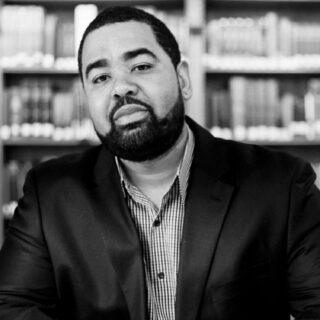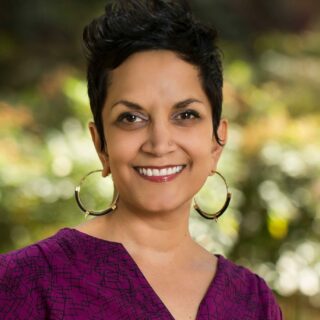Develop the knowledge to transform learning and engagement across urban environments.
The PhD program in Urban Education is geared toward training highly qualified scholars in K-16 urban education with emphasis in supporting students’ deeper understanding and application of law, policy, the social and cultural contexts of education, and evaluation and research methods within the urban context.
The program is built around an innovative, experiential, research-focused curriculum that prepares scholars to address the multifaceted issues facing urban education, and will prepare students to be nationally competitive for research careers in both academic and non-academic institutions.













